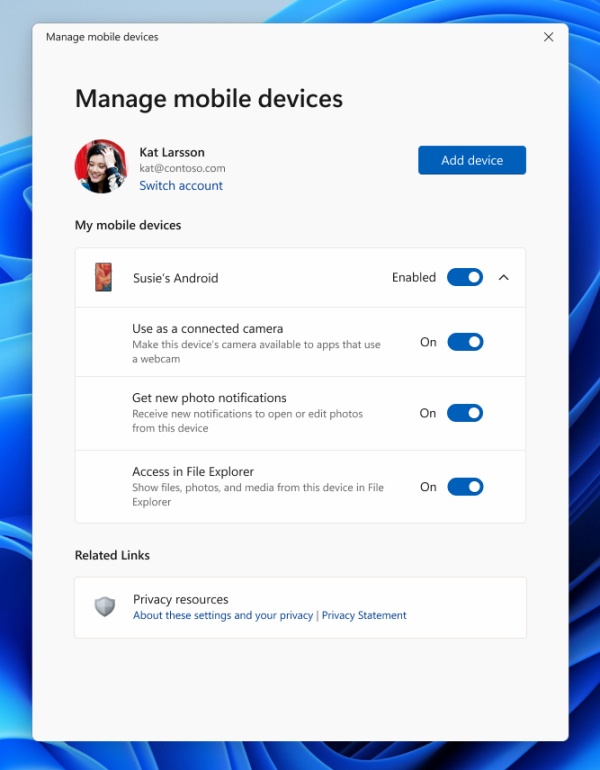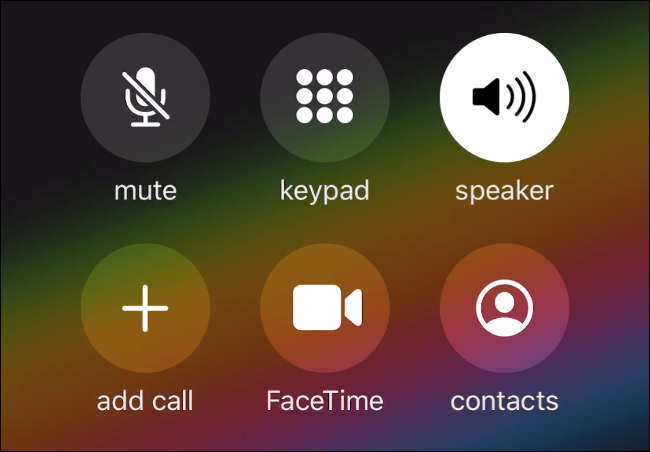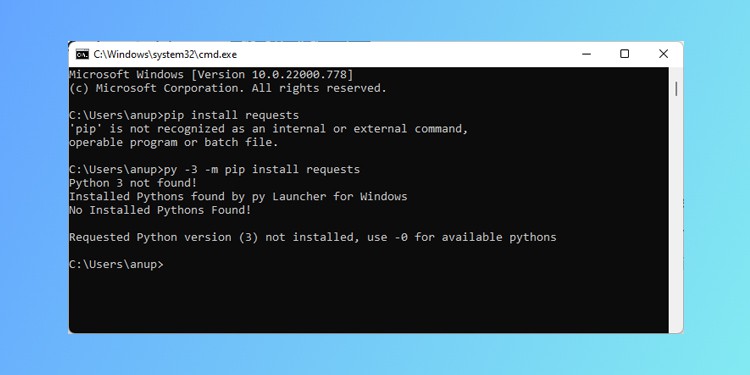Ransomware is a sort of malware that stops you from using your pc or accessing sure recordsdata until you pay a ransom. It typically encrypts your recordsdata in order that they can’t be opened. Examples of ransomware embody Locky, Reveton, CryptoLocker, and CryptoWall.
Ransomware is usually distributed as a trojan, or malware disguised as a official file. Once put in, it could lock your pc and show a “lockscreen” with a message saying you will need to pay a ransom to regain use of your pc. This could also be a pretend message purporting to be from a authorities establishment just like the FBI or Department of Defense saying you will need to pay a nice. It may additionally be a blatant ransom message saying your recordsdata are being held for ransom and you will need to pay to entry them once more. The ransom message sometimes consists of directions for the way to pay the nice, typically by bank card or Bitcoin. Ransom quantities vary from lower than $100 to a number of thousand {dollars}.
Some ransomware might will let you use your pc, however will stop you from opening sure recordsdata. When you attempt to open a file or listing encrypted by the ransomware, you might even see a message or alert field stating your recordsdata are being held for ransom and you will need to pay a charge to regain entry to them.
Dealing with Ransomware
The best solution to cope with ransomware is to stop it. Don’t open unknown recordsdata or downloads from untrusted web sites. You may additionally need to set up antivirus or Internet safety software program that may detect and get rid of ransomware threats earlier than they take over your pc. This is very true for those who use Windows, as it’s the platform mostly focused by ransomware.
If your pc is contaminated with ransomware, you may have a couple of choices.
- If you may have a current system backup, you may revert to a saved state earlier than the ransomware contaminated your pc.
- Search for an Internet safety utility that may take away the precise ransomware put in in your system and presumably decrypt your recordsdata.
- (Not advisable) Pay the ransomware charge and make contact with your financial institution or bank card firm to dam or refund the transaction.
NOTE: TechTerms doesn’t suggest paying a ransom to take away ransomware. There is not any assure that paying the charge will take away the ransomware to your pc. The best solution to get well from a ransomware assault is to revive your recordsdata from a current backup.
Looking to know more Internet Terms










Leave a Reply